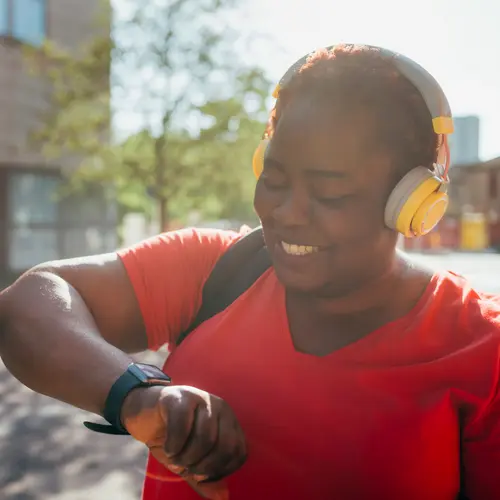Limiting bread, pasta, and cake is a natural first step when you’re trying to keep your blood sugar levels down.
But carbs can lurk in some less obvious places, and you need to know that when you're counting carbs.
The amount found in these 10 common foods may surprise you.
Exactly how many carbs do you need? Many people with diabetes aim for 45-60 grams of carbs per meal. But you should talk to your doctor or diabetes educator to find out the right amount of carbs for you.
1. Milk substitutes
Soy milk and almond milk are great options for anyone who's lactose-intolerant or just looking to mix things up a bit. But watch out for flavored varieties, which tend to have more sugar.
For example, a cup of vanilla almond milk has 16 grams of carbs. A cup of chocolate soy milk has 23 grams, compared to plain soy milk, which has about 12 grams of carbs, or unsweetened almond milk which has 1 to 2 grams.
2. Yogurt
It's a good source of calcium and often provides good-for-you bacteria called probiotics (look for "live active cultures" on the label). But some low-fat, fruit-flavored varieties have upward of 40 grams of carbs for an 8-ounce serving.
For a lower-carb alternative, try Greek yogurt. The plain, no-fat variety has about 9 grams of carbs for the same size serving, and it also packs more protein than the regular stuff.
3. Baked beans
One cup of canned baked beans has a whopping 54 grams of carbs. That could be your whole carb budget for one meal.
You can still enjoy them, and you should, since they also give you protein and fiber. But limit yourself to a half-cup serving.
4. Tomato sauce
If it comes from a jar, you can almost bet that there's added sugar and carbs in there (about 12 grams per half-cup).
Look at the nutrition facts closely, and be aware that many brands are also high in sodium. When in doubt, drizzle it on your (whole-grain) pasta sparingly.
5. Salad dressing
Italian, Russian, Caesar, or French? Practically any bottle you reach for will have some sugar. The amount varies by brand, so check the labels.
Consider making your own. Olive oil and vinegar is an easy option. Or at least stick to the recommended serving size on the bottle. A tablespoon or two is unlikely to send your blood sugar soaring, but if you drown your salad, you could be in trouble.
6. Barbecue sauce
Again, portion size matters. One tablespoon will cost you about 7 grams of carbs. If you keep dipping and dipping until you've consumed one-half cup, you'll have eaten 58 grams of carbs from the sauce alone.
7. Orange chicken
Oranges are healthy, and so is chicken. But orange chicken? Not so fast: A standard order has 146 grams of carbs!
The next time you order Chinese food, skip this battered dish in favor of something steamed.
8. Split pea soup
Peas are starchy veggies, which means you'll be getting a hefty amount of carbs (26 grams per cup) along with other nutrients like fiber. Many soups also have a lot of salt, so pick reduced-sodium varieties.
9. Sugar-free cookies
Sorry, but sugar-free doesn't equal carb-free. Some sugar-free cookies have nearly as many carbs per serving as their regular counterparts. Check the nutrition facts label before making your choice.
10. Protein bars
Don't assume that high-protein means low-carb. Many bars, especially those aimed at athletes who need extra energy, have plenty of both.
Need a healthy snack before your workout? A banana with 1 tablespoon of peanut butter might be a better option.

